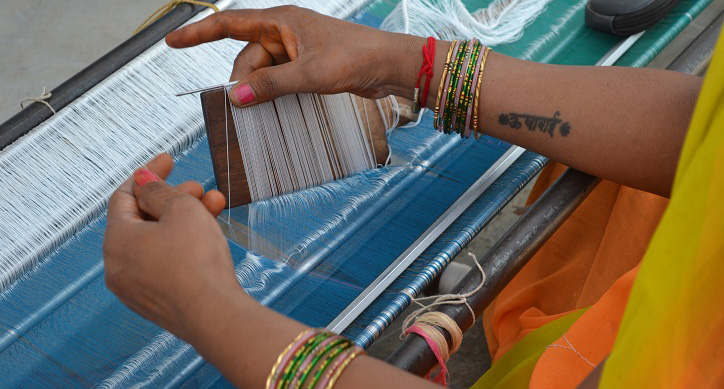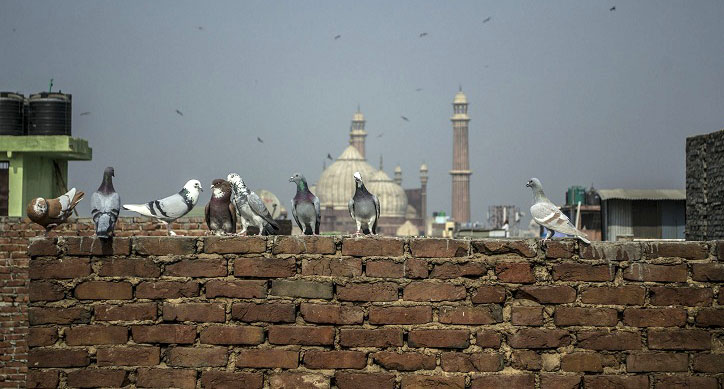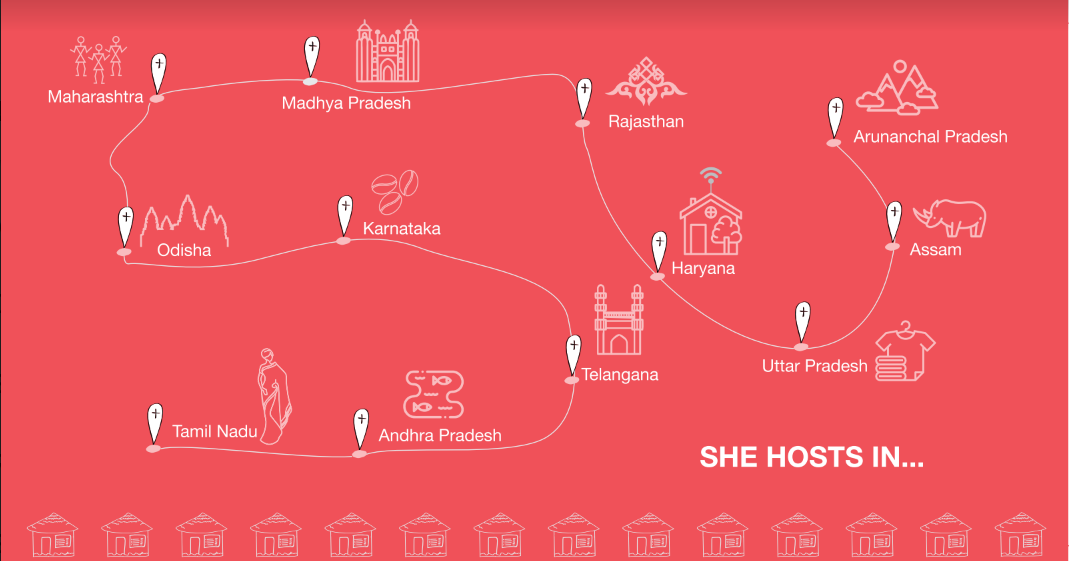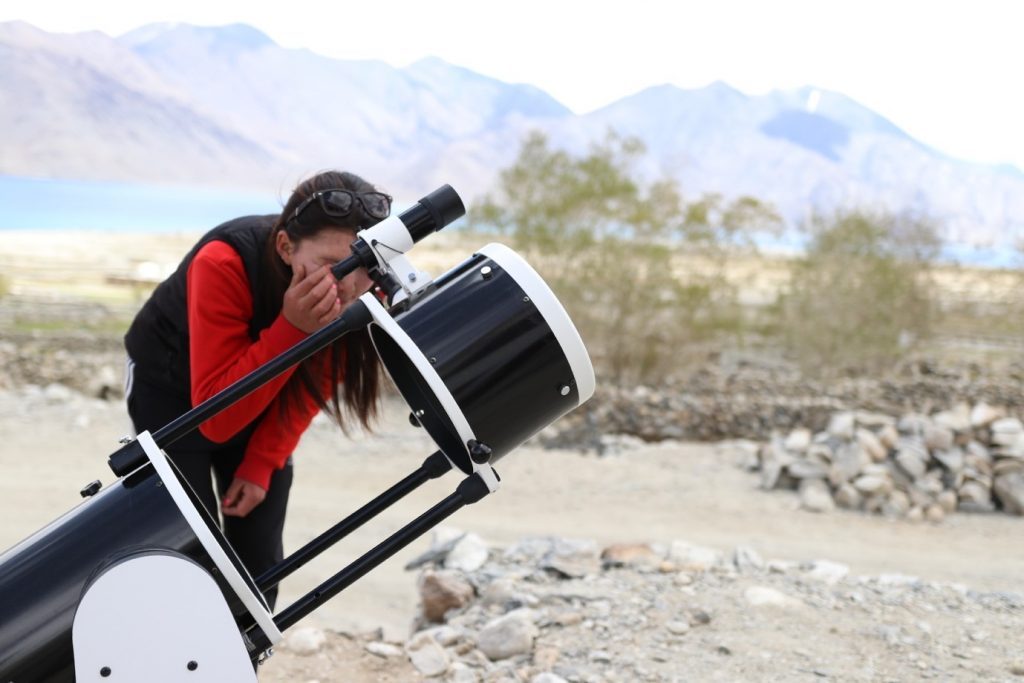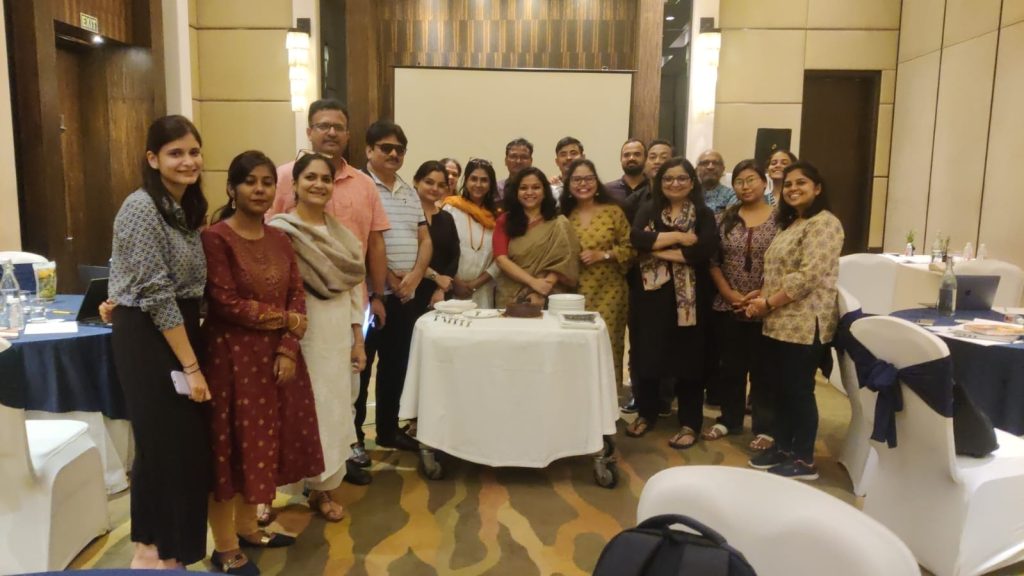
Digital Empowerment Foundation, in partnership with 7 other social organisations and with co-financial support from a US based grantmaker, is working in West Bengal and Assam across 12 districts in Assam, and 6 in West Bengal to create, build and enhance Rural Women Entrepreneurs’ Ecosystem with Digital plus. The programme name is Udyamini.
The Udyamini program’s objective is to build a community where digitally empowered women of all socio-economic backgrounds can communicate and continue to empower, support, and take care of each other. These women (RWE) are expected to also provide services and products to their respective villages extending the impact to all those who reside in the area and helping local businesses and institutions with their day-to-day activities.
In the next 4 years, DEF would create 20,000 Rural Women Entrepreneurs across two states who would be operating at the MSME level through 200 physical and digital – Physical – Facilitation Centres – that may also work as localized business chambers type services – all through 200 Rural Business Women, called SoochnaPreneur Business Mitra (SBM) where these 200 would also be a Women Driven Digitally Enabled Business Units. The sectors that would be covered are Handloom & Handicraft, Food Processing, Dairy, Livestock, Tea, and Micro and nano enterprises.
We are identifying and training 200 rural women entrepreneurs to become SBM who will provide support to 20,000 other RWEs at the Gram Panchayat Level. The 200 RWEs will train 100 women each who will train 2 women each. Thus, the program will impact 40,000 RWEs with digital support, resources, assistance, and facilitation. The SBMs will also cater to 4,00,000 community beneficiaries by providing information and digital services.
For more information:

















